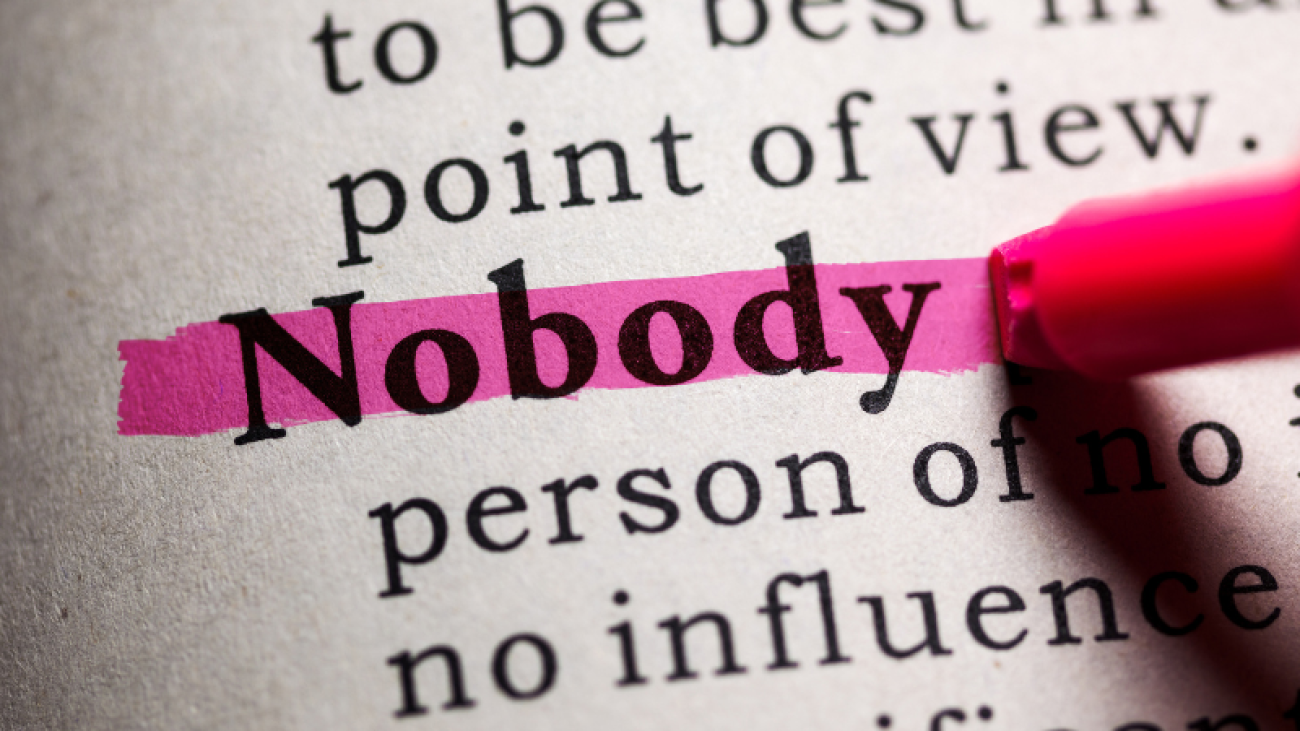In a world where fame often feels like the ultimate goal, there’s something refreshingly liberating about being nobody famous. But what does it really mean to be part of the unheralded masses? Let’s embark on a whimsical journey to uncover the joys of obscurity and celebrate the charm of living life without the spotlight.
To be nobody famous is to revel in the simple pleasures of anonymity. It’s about finding contentment in the everyday moments, free from the pressure of public scrutiny. Think about it: no paparazzi hiding in the bushes, no relentless social media commentary dissecting your every move. Instead, you’re free to enjoy a leisurely stroll in the park without worrying about headlines the next day.
One of the delightful aspects of being nobody famous is the freedom to pursue passions without the weight of expectations. Take Vincent van Gogh, for instance. Before he became a household name in the art world, he was just a struggling painter, toiling away in obscurity. Yet, it was during this period that he created some of his most iconic works, unencumbered by the need for fame or recognition. In much the same way, being nobody famous allows individuals to explore their creativity without the pressure to conform to societal norms.
Moreover, being nobody famous opens the door to genuine connections with others. Without the barrier of celebrity status, interactions become more authentic and meaningful. Consider the case of Rosalind Franklin, whose contributions to the discovery of the structure of DNA were overshadowed by her more famous male counterparts. Despite her lack of recognition during her lifetime, her work laid the foundation for groundbreaking scientific advancements. Being nobody famous allows individuals to focus on collaboration and collective progress, rather than personal glory.
Of course, being nobody famous doesn’t mean living a life devoid of impact. History is rife with examples of individuals who, while not famous in their own right, have left an indelible mark on the world. Take Gregor Mendel, the Austrian monk whose experiments with pea plants laid the groundwork for our understanding of genetics. Or consider Ada Lovelace, often hailed as the world’s first computer programmer, whose pioneering work paved the way for modern computing. These unsung heroes remind us that greatness can exist in the absence of fame.
In addition to historical figures, there are countless everyday heroes whose contributions go unnoticed by the masses. From the teacher who inspires her students to reach for the stars to the volunteer who devotes countless hours to helping those in need, being nobody famous often means quietly making a difference in the lives of others. After all, true significance isn’t measured by the size of one’s following, but by the impact we have on those around us.
Being nobody famous also affords individuals the luxury of privacy. In a world where every aspect of our lives is increasingly public, the value of solitude cannot be overstated. Just ask Emily Dickinson, the reclusive poet whose introspective verse continues to resonate with readers today. By eschewing the spotlight, Dickinson was able to delve deep into the recesses of her own mind, crafting poetry that speaks to the universal human experience.
In conclusion, being nobody famous is not something to be lamented, but celebrated. It’s about finding joy in the ordinary, pursuing passions without inhibition, and making a meaningful impact on the world, one small act at a time. So here’s to the unsung heroes, the quiet innovators, and the everyday dreamers who remind us that greatness comes in many forms. After all, in a world obsessed with fame, perhaps the greatest privilege of all is the freedom to be nobody famous.
